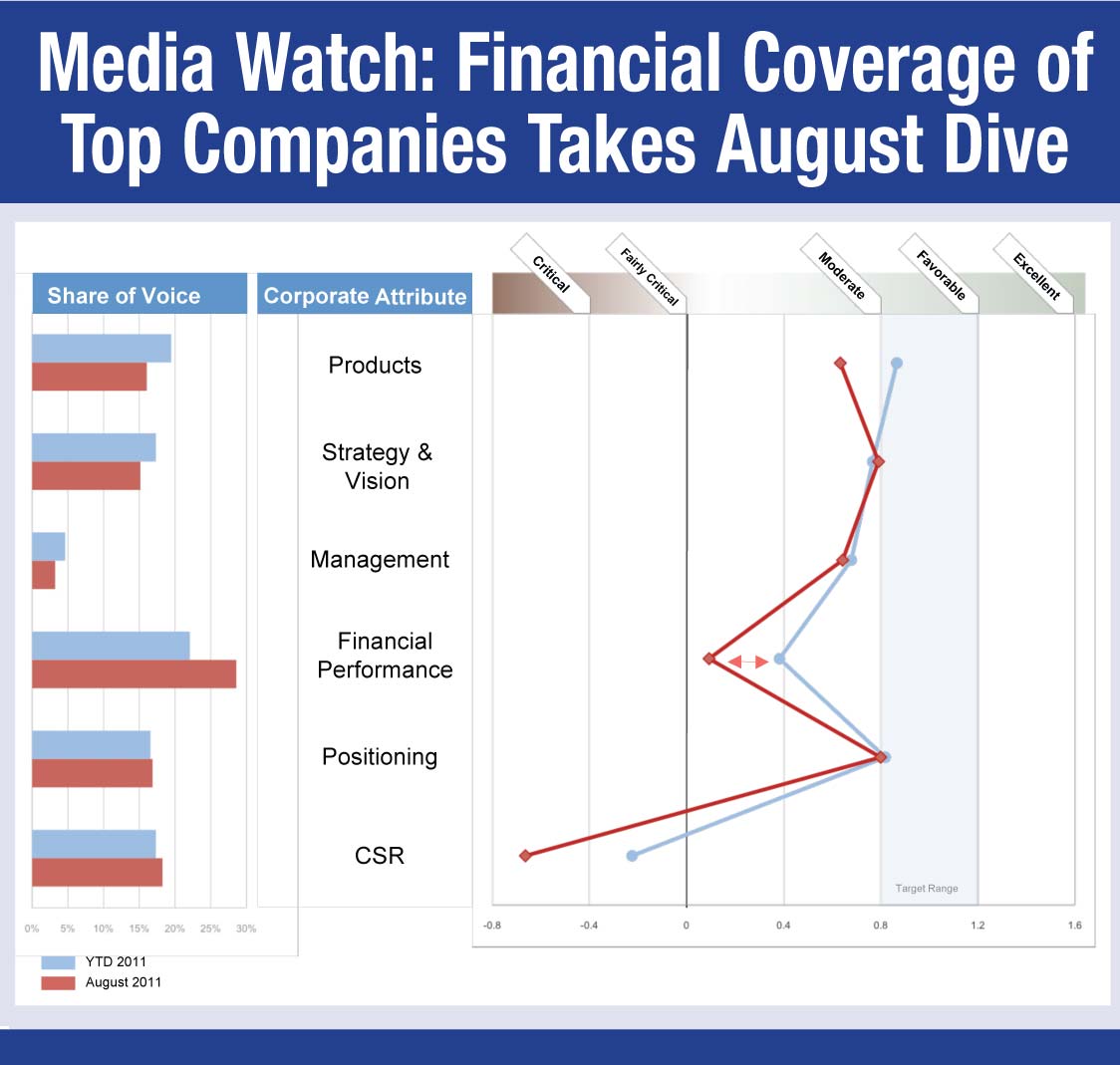â–¶ It Pays to Keep Online Content Positive: New Cone research finds that four-out-of-five consumers have changed their minds about a recommended purchase based solely on negative information they found online.
Other study highlights include:
• Positive information has a similar effect on decision making, with 87% of consumers agreeing a favorable review has confirmed their decision to purchase. But negative information is gaining traction and is now just as powerful in tipping the scales against a recommended purchase.
• Consumers turn to product/service information and customer reviews, but blogs are gaining traction, with 42% reading articles or blog posts about products and services, compared to 28% in 2010.
• Online product or service information is literally at consumers’ fingertips with nearly three out of five (59%) reporting that they are more likely to research recommended products online because they can easily access applications on their mobile phones, and 81% crediting widespread access to the Internet.
Source: Cone
 |
| The latest PRIME Research news coverage tracking of top U.S. companies related to financial performance reflects—no surprise—the dour tone of America’s current economic landscape. “Not one of the six reputation attributes for financial performance falls into the overall positive range,” says Mark Weiner, PRIME’s CEO of North America. CSR is traditionally the lowest performing discipline tracked in the ongoing 10-year study, notes Weiner. Source: PRIME Research |
â–¶ Young People in U.S. Need Dose of Optimism: Coming of age in the worst economic downturn since the Great Depression has taken a serious toll on U.S. millennials, who maintain a generally pessimistic outlook on the future of the country, according to a new survey report released from One Young World, the global youth forum organized by Euro RSCG Worldwide PR.
The one exception? The opportunities afforded the millennial generation by the Web, with 77% of millennials in the U.S. saying the Internet has opened up greater business prospects for people their age.
The survey quizzed young people ages 20-29 from 21 different countries around the world on important global issues.
Among the findings:
• U.S. youth aren’t feeling exceedingly optimistic: 29% of young Americans agree with the statement “I feel very positive about my country’s future,” compared to a global average of 45%.
• Just 38% of U.S. millennials say their career ambition is to run their own business, versus 69% of millennials in China and an average of 68% worldwide.
• Young Americans’ pessimism—or apathy—toward the business world extends to the traditional process of climbing the corporate ladder: Only 40% report a career ambition to “work their way to the top of an established business,” versus 85% of young people in China and 64% worldwide.
Source: One Young World/Euro RSCG Worldwide PR
